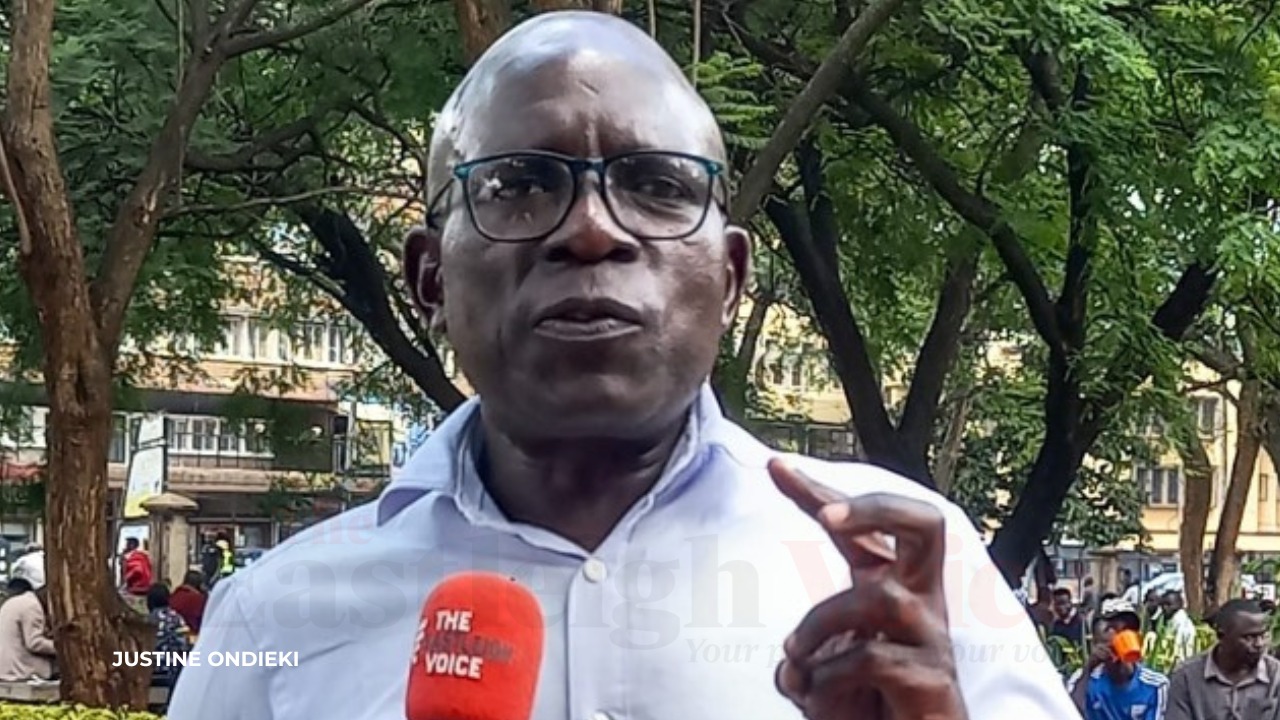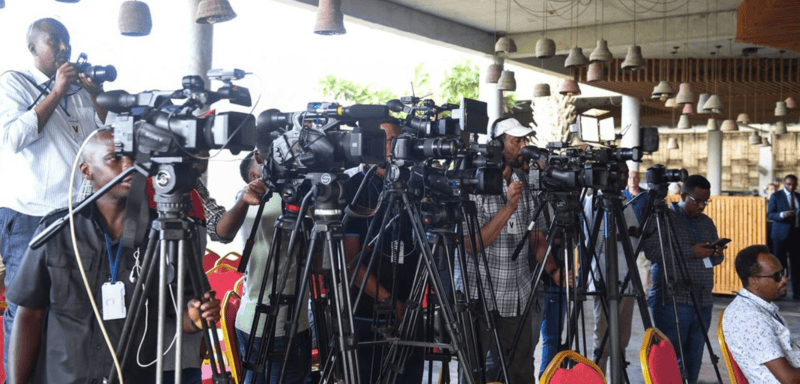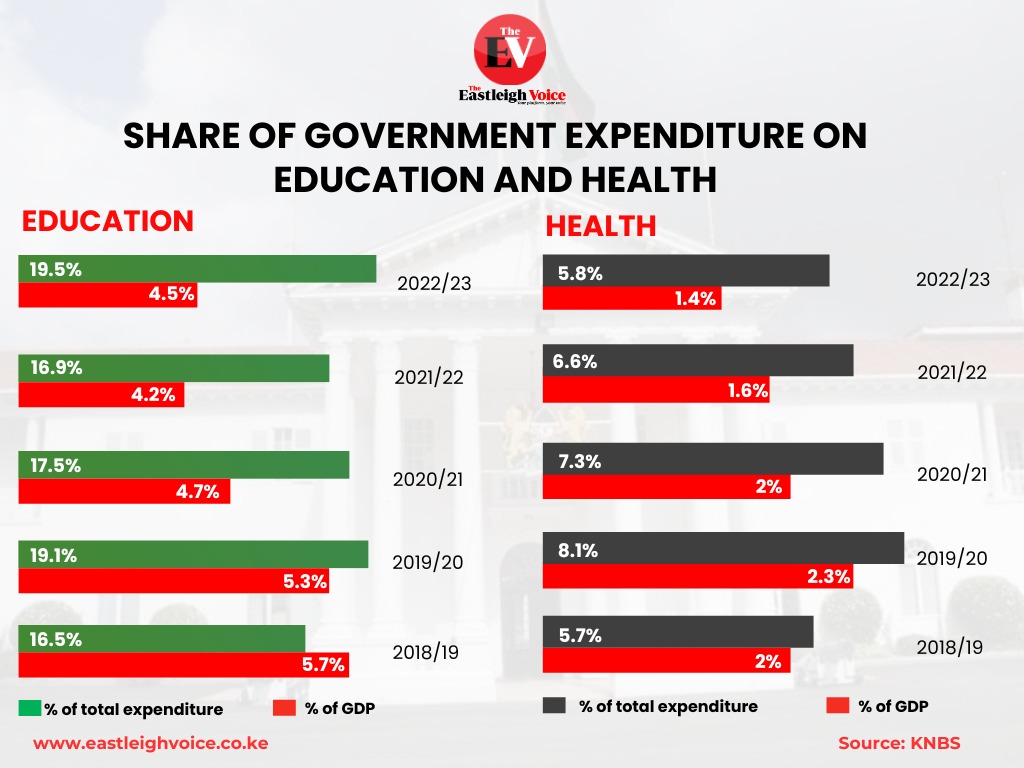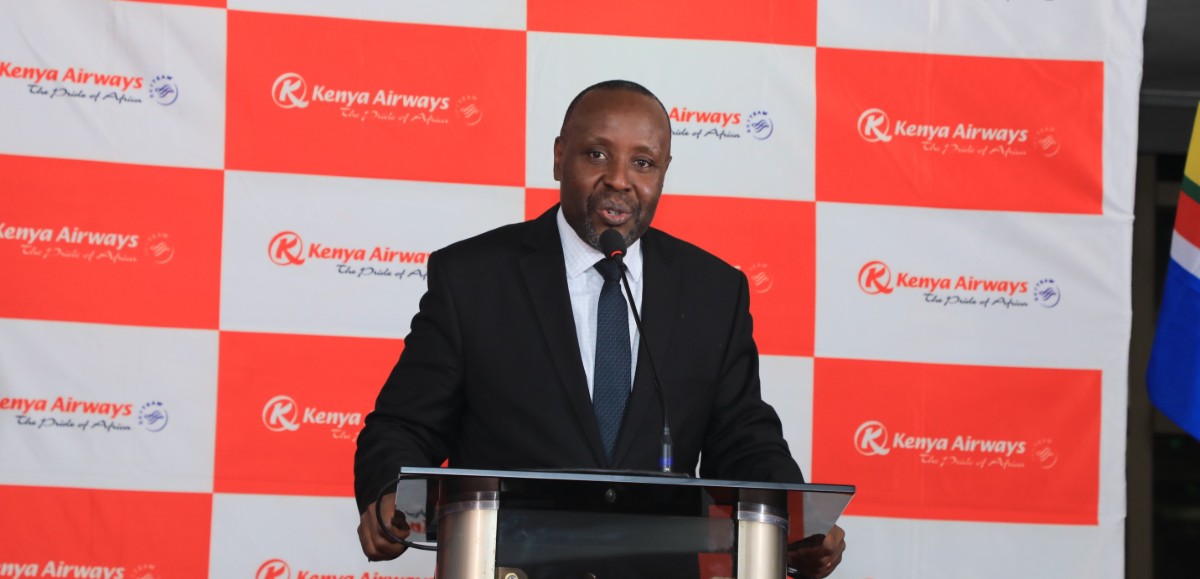DRC at 65: Tshisekedi calls for peace on independence day as M23 asserts control in Goma

While Kinshasa projected diplomacy, Goma staged defiance. M23's Corneille Nangaa and the Alliance Fleuve Congo/M23 marked the day by planting a symbolic tree and asserting their grip on 34,000 square kilometres of territory.
On June 30, the Democratic Republic of Congo (DRC) marked 65 years of independence. But instead of celebrating national unity, the day laid bare a country torn between two competing centres of power, legitimacy, and geopolitical alignment.
In Kinshasa, President Félix Tshisekedi addressed the nation with familiar rhetoric: affirmations of sovereignty, thanks to regional allies, and a pledge to secure peace.
More To Read
- France jails former Congolese rebel leader Roger Lumbala for war crimes
- AFC/M23 rebels announce withdrawal from Uvira, citing progress in Doha framework
- In eastern DR Congo's Uvira, war scars linger as calm cautiously returns
- M23 rejects foreign support claims, calls for dialogue under Doha peace process
- Peace falters as fighting in eastern DR Congo raises fears of regional war
- Ruto honours Kristina Kenyatta, Dorcas Oduor, William Kabogo with EGH awards
He extended "heartfelt gratitude" to Angolan President João Lourenço and former Kenyan President Uhuru Kenyatta, describing them as "worthy sons of Africa" for their role in elevating the DRC's long-running conflict to the global stage.
Kenyatta had led the now-sidelined Nairobi peace process, while Lourenço had tried to mediate the frosty Kinshasa–Kigali ties under AU auspices before handing over to Togo's Faure Gnassingbé upon assuming the AU chairmanship.
Yet while Kinshasa projected diplomacy, Goma staged defiance.
In the mineral-rich east, M23's Corneille Nangaa and the Alliance Fleuve Congo/M23 marked the day by planting a symbolic tree and asserting their grip on 34,000 square kilometres of territory-roughly the size of Taiwan.
"We do not seek glory or power," Nangaa insisted. "Our commitment is to lift the DRC out of the cycle of insecurity, poverty, exclusion, dictatorship, and injustice."
His words, however, echoed from a region under de facto military rule.
The AFC/M23 coalition now administers a parallel state: collecting taxes, running a justice system, and controlling lucrative trade and mining routes across North Kivu's Rutshuru, Masisi, and Walikale territories.
Analysts estimate the rebel administration earns roughly $1 million daily, much of it from artisanal mining operations in the volatile east.
The symbolic peace accord recently signed between Rwanda and the DRC in Washington, brokered by Qatar and the United States, may offer a flicker of diplomatic progress.
But it has conspicuously excluded the very actors controlling much of the conflict zone.
Observers remain sceptical about its enforceability without broad-based participation from all stakeholders.
And as if to underline the transactional nature of modern geopolitics, the US President Donald Trump, fresh from a diplomatic cameo, claimed victory on home turf: "We're getting, for the US, a lot of the mineral rights from the Congo as part of it."
Top Stories Today











































